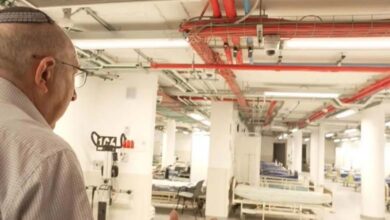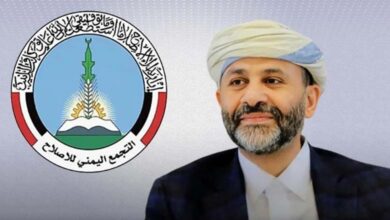Egypt to digitize… Rehabilitation of incarceration by ”videoconferencing” and remote trial

Egypt’s Ministry of Justice has for the first time introduced a remote remand renewal system at the North Sinai Court of First Instance via video conferencing.
New electronic services were also provided through Egypt’s Government Digital Portal and the Ministry of Justice. This development comes within the framework of Egypt’s Strategic Plan to Develop Role of Justice 2030, the digital transformation of all court houses and the ability to conduct civil lawsuits remotely.
Development work at the North Sinai Court included the operation of the standardized file management application, the provision of equipment and devices, the training of front office staff, the implementation of the civil remote prosecution service, the testing of the electronic circulation of advertising documents, the application of archiving systems and the draft secure documents.
Counselor Ahmed Abdul Rahman, former First Deputy Chairman of the Supreme Judicial Council, revealed to Al-Ain News the mechanism of examining the cases of renewing the prison. The chambers that are hearing the sessions of renewing the detention of the accused in criminal cases are equipped with screens, cameras, and tablet equipment. A room inside each central prison and every public prison is equipped with the same capabilities, and through a channel for each prison and prison, the court communicates with each prison according to prior time coordination.”
He pointed out that the renewal of remote confinement has many positive effects, the first of which is that it provides both effort and money to the State and to litigants. It also provides an indispensable element, which is achieving security and tranquility for the police and the accused, especially since many problems occurred during the transfer of prisoners to the courts or to the investigation authorities.
The shortening of time is also one of the most important features of the new experience in the former judge’s opinion. He believes that the experiment will meet with great success and acceptance in Egypt, especially since Arab countries tried that step years ago and achieved impressive successes.
He said that the success of the idea would open the door for legislators to expand the application of this step in cases involving felonies and misdemeanors, not only in renewing prison sentences, but this would depend on the success of the experiment itself.












